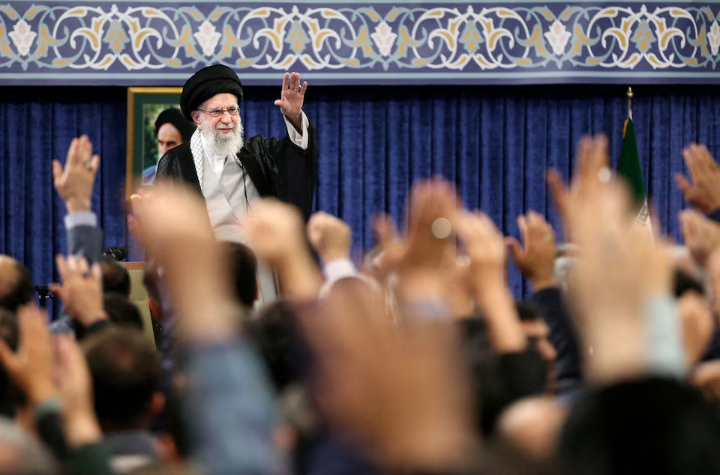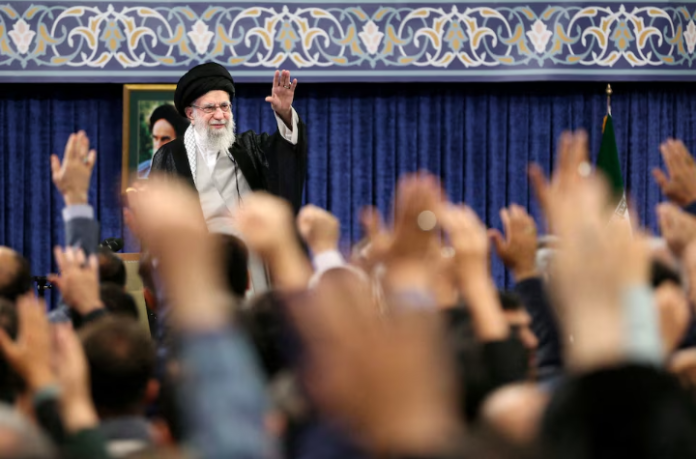As tensions rise in the Middle East, Iran’s leadership is quietly but urgently preparing for life after Supreme Leader Ayatollah Ali Khamenei. At 86 years old, Khamenei is now at the center of intense behind-the-scenes discussions about who will lead the Islamic Republic next — especially after Israel’s recent strikes and threats on his life.
According to exclusive reports, a special three-man committee — formed by Khamenei himself two years ago — has accelerated its work to find his successor. This move comes just days after Israeli forces bombed Iranian targets and openly suggested taking out Khamenei. A top Iranian security official revealed that Khamenei and his family have since gone into hiding under the protection of Iran’s elite Revolutionary Guard.
Despite this secrecy, insiders say two candidates have emerged as frontrunners: Khamenei’s son, Mojtaba Khamenei, and Hassan Khomeini, the grandson of the Islamic Republic’s founder, Ayatollah Ruhollah Khomeini.
Mojtaba, 56, is considered the “continuity candidate,” echoing his father’s strict views on politics, foreign policy, and domestic crackdowns. Though he’s never held an official government position, Mojtaba is known to wield massive behind-the-scenes power as his father’s confidant. In 2019, the U.S. Treasury even sanctioned him for acting on behalf of the Supreme Leader.
On the other hand, Hassan Khomeini presents a very different face. Aged 53 and aligned with Iran’s reformist camp, he supports a softer tone both domestically and internationally. His moderate views and family legacy give him credibility among the public and clerics alike, though hardliners blocked his political rise in the past.
Analysts say the regime is torn between maintaining ideological purity and avoiding a complete collapse. Iran is facing growing internal unrest, economic hardship, and external military pressure. Choosing a hardliner like Mojtaba might provoke more instability. Opting for a moderate like Hassan Khomeini could ease tensions at home and abroad — but it risks losing control over the regime’s core base.
The process is being closely guarded by the Assembly of Experts, an 88-member clerical body responsible for selecting Iran’s Supreme Leader. While the Assembly technically holds the power, it is heavily influenced by the Supreme Leader’s circle and the Revolutionary Guards.

Several other potential candidates — including senior clerics and former officials — have died, been sidelined, or lack real influence. Some experts warn that the Revolutionary Guards may even install a lesser-known figure who would act as a puppet, lacking the authority that Khamenei has held for over 30 years.
Khamenei himself has not endorsed any successor publicly, and in the past, has even objected to the idea of passing power to his son — wary of accusations of hereditary rule.
As Iran faces a turning point, the world watches closely. The next Supreme Leader won’t just shape Iran’s future — he’ll determine the course of one of the most volatile regions on earth.



